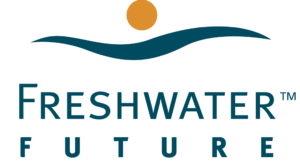A no-contact advisory in the Huron River was lifted last week by Michigan Department of Health and Human Services based on a report by Michigan Department of Environment, Great Lakes, and Energy (EGLE) that stated that the hexavalent chromium spill from an automotive manufacturing business into the River was less significant than previously thought. The report states that less than 20 pounds of hexavalent chromium made it from the factory into Wixom wastewater treatment plant and into Norton Creek that feeds the Huron River. It explains that most of the hexavalent chromium was intercepted at the treatment plant and converted to trivalent chromium, which is considered a safe micro-nutrient and occurs naturally in the environment. Water sampling downstream of the plant found that only three samples out of 145 have detectable levels of hexavalent chromium. You can see a map of hexavalent chromium sampling data from EGLE here.
Even though the impact is less than first expected, water advocates are asking for greater accountability and various protests have been held since the spill occurred. EGLE has issued multiple violations to the manufacturer due to negligence in the incident. The release of the carcinogenic chemical to the wastewater treatment plant was deemed operator error and happened after an employee overrode the manufacturer’s waste treatment alarms around 460 times. The company also failed to notify EGLE immediately after discovering the spill. This same manufacturer was also the source of PFAS contamination to the Huron River in 2019 which set a record for highest PFAS concentrations in Michigan. Tribar has until August 20 to respond to the violation notices.
We will keep you posted on this issue and any actions you can take to improve response and management of toxic chemicals.








